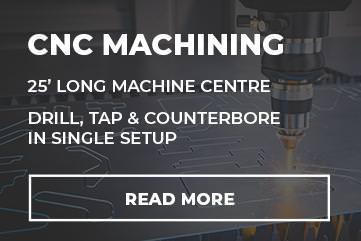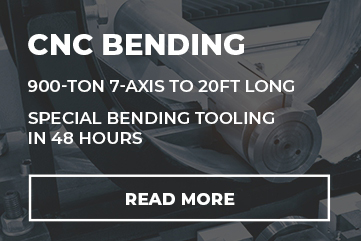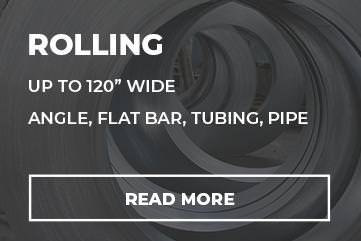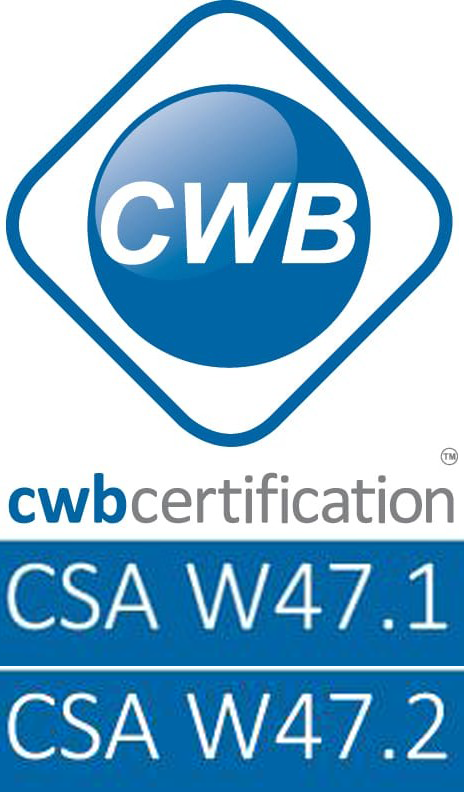News
How to Estimate Steel Fabrication Cost
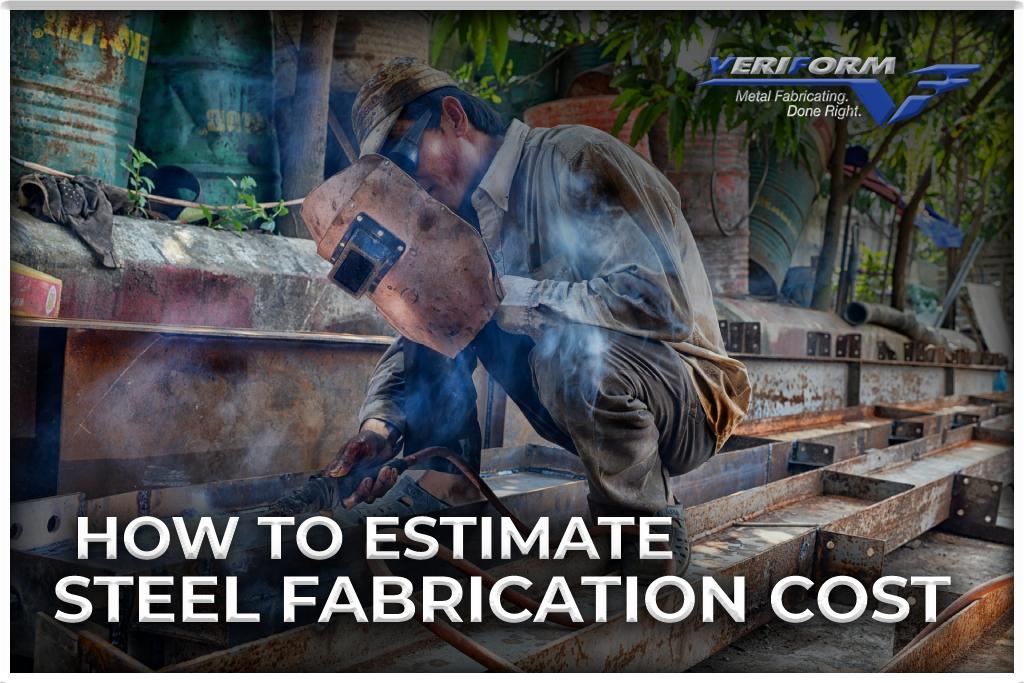
In the metal fabrication industry, knowing how to accurately estimate steel fabrication cost is critical to satisfying customers and protecting your profit margins. While it’s not too difficult to come up with an estimate for time and materials, they are only part of the equation.
Steel fabrication projects come with associated costs – the design, prototyping, finishing processes, etc. To get the most out of your project while keeping clients satisfied, you need to have a cost-saving plan. The following tips, which have been compiled by the experienced team at VeriForm Inc., will help you strengthen your job costing and maximize profits and resources.
Cost Estimation of Steel Products- Getting Started
In today’s competitive markets, it is important to have a clear understanding of cost structure before developing a pricing strategy. The sheet metal production cycle includes bending, forming, punching, welding, and many more phases, each with its own associated costs.
To start, break down the production cycle into more straightforward processes, so you can focus on one process at a time. Then follow the steps below to get an accurate estimate of the costs involved.
Prepare a Raw Material Cost Calculation
You’ll need to estimate the number of raw materials needed to complete a single product associated with the project. Use the following steel fabrication cost calculator to estimate the material cost per product piece:
Raw material cost= volume x density of material x cost of material per kilo
If you’re purchasing steel with a density of 7.4kg/dm3 at $0.8 per kilo and the plate dimensions are 700x300mm with a 1mm thickness, you’re looking at a raw material cost of $1.29. See the calculations below:
(7 x 3 x 0.01) x 7.4 x 0.8 = 1.29
This process must be repeated for each raw material.
Calculate the Machining Cost
At this point, you must know the hourly cost, efficiency, and cycle time (productivity) of the machines being used. To calculate this information, use the formula below:
Machining cost= (hourly cost x cycle time for single piece) / efficiency
If the cycle time is 10 seconds with an 87% efficiency and hourly cost of $77.30, this formula will yield the following information:
(77.30 x 10) / (0.87 x 3600)
Machining Cost = (78.4 x 12) / (0.855 x 3600), which yields a total of $0.24.
To get the total production cost for a single fabricated piece, combine the cost of your raw material with the machining cost. Using the figures above, this would be:
$1.29 + 0.24 = $1.53
These calculations can give you a reasonable idea of your costs during this particular machining aspect of the production cycle.
Calculate Costs For The Different Phases of Production
Now that you have the production cost for one machine, you can apply the same cost calculator for other machines or phases. This way, you’ll get an accurate idea of your steel fabrication costs from the moment production begins until the product is ready for delivery.
Factors That Affect the Cost of Steel Fabrication
In this section, we’ll discuss some of the different factors that may influence the cost of metal fabrication for your project.
Raw Material Costs
Raw materials often fluctuate in price, causing steel fabrication costs to vary. Other factors related to raw material cost include:
- Transportation (the closer your facility is to the source, the lower this cost will be)
- Metal thickness
- Requirement for multiple materials
- Supply chain disruption
Plating and Welding Costs
When sheet metal arrives pre-plated, welding is risky because the coating can release zinc oxide when heated. If you go with uncoated steel, you’ll want to coat it after fabrication to make it more corrosion-resistant. This added step increases both cost and lead time.
Work Required
The amount of physical work required to complete the metal fabrication process will dictate the number of workers needed, which affects labour costs. Some applications, such as the use of CAD/CAM software, call for expert skills that typically cost more.
Metal Structure Qualities
The design complexity of the metal structure will affect the cost of fabrication. For example:
- A project with fewer bends, cuts, and welds will cost less.
- Intricate designs and tight tolerances often require longer manufacturing times and incur higher labour costs.
Tips for Reducing Steel Fabrication Costs
There are ways to reduce steel fabrication costs without impacting the integrity of your project.
- Using Standard Metal Sizes and Gauges: Standard sheet sizes are often less expensive than special-length sheets. Selecting material grades based on present market conditions can help minimize costs associated with variable gauges.
- Strategic Material Selection: Raw materials affect sheet metal fabrication costs. Use stock sizes whenever possible and choose less expensive materials for prototypes. You can also reduce costs by buying mill-direct.
- Lower-Cost Finishing Options: A special finish may require cost estimators to obtain external quotes, adding to the price and lead time. Some standard finishes are less expensive and faster to obtain. Finishes such as chrome plating and powder coating are readily available at a minimal cost.
- Contact a Professional Steel Fabricator: A fabrication company capable of handling most of the process on its own can speed up production and deliver products of the highest quality while helping to save costs in the long run. By connecting with a reputable steel fabricator, you can get the products you need at a competitive rate.
VeriForm Inc.: Your Steel Fabricating Experts
One of the factors to consider when designing sheet metal parts is fabrication costs. If you follow the tips discussed above, you can effectively control and even reduce the cost of steel fabrication.
VeriForm Inc. provides customers with cost-effective steel fabrication services calculated to deliver maximum cost savings. Our unique combination of an expert team, quality materials, and efficient machining processes results in superior results at a competitive rate. Learn more or get a quote for your next project by visiting our website, calling 519-653-6000 or contacting us online.


